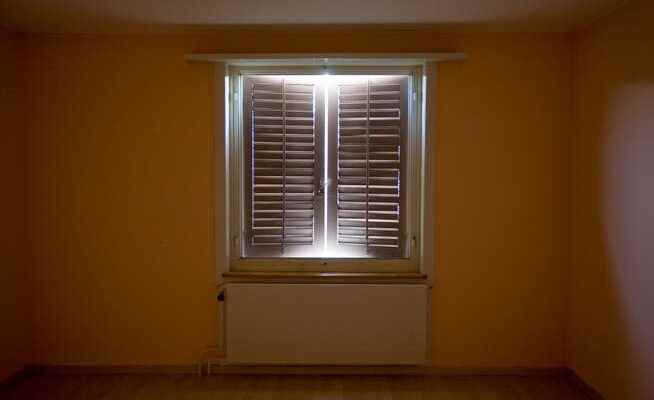A new planning instrument should enable the construction of additional affordable apartments. However, there is a risk that this will slow down housing construction overall.
In the next twenty years, around 40,000 new apartments will be needed in Zurich in order to meet the specifications in the structure plan.
One term has shaped Zurich politics for a good ten years: the “third goal”. In November 2011, those entitled to vote in the city of Zurich said yes to a new basic article on housing policy in the municipal code. A key element is the mandate that the proportion of non-profit housing in all rental housing must increase from a quarter to a third. The requirement is to be implemented by 2050.
A lot more apartments are needed
But it is now the case that wishing and hoping does not always help in politics: When the Zurich city council presented an interim report on the “third target” for the second time two years ago, it had to admit that the goal had not been a step closer. The proportion of non-profit dwellings had even fallen slightly in the four previous years, from 26.5 to 26.4 percent. Although 9,000 new homes were built during this period, only 2,400 of these were non-profit.
One could be happy about the brisk residential construction activity, because Zurich must and will continue to grow rapidly in the coming years. The structural plans stipulate that around 80,000 additional people should live here by 2040. In order to make this growth possible, around 40,000 new apartments are needed. This can only be achieved if private companies, foundations and cooperatives continue to work as hard as they have in recent years.
In the case of non-profit housing, there is no doubt about it. Numerous instruments have already been devised to encourage the construction of cheap housing. And after the Zurich City Council’s sobering interim report, things are now shifting up a gear. Massively more tax money is being used via a housing fund, and private builders are also being obliged to build inexpensive apartments. Paragraph 49b of the cantonal planning and building law is intended to ensure that those private individuals who get more use on their property have to build non-profit apartments.
The implementation now presented by the city council only affects area developments for the time being. With this planning instrument, builders can still decide whether they want to benefit from higher utilization but have to build non-profit apartments to do so.
For many, the effort is too great
A very rough estimate shows that around 300 additional non-profit apartments will be created with the new instrument. For this rather modest result, however, builders have to put up with a lot of additional bureaucratic effort: They not only build the cheap apartments, they also check that they are occupied and the income of the tenants afterwards. It could just happen that a lot of people willing to build forego the utilization bonus for the development of the area and thus get rid of the obligation to create the non-profit apartments.
The fear is real: in 2012, the city of Zurich tightened the requirements for the utilization bonus – with energy requirements. The regulation appears to have a deterrent effect: in the last ten years, only a quarter of all site developments have benefited from the bonus. In concrete terms, this means that fewer apartments will be built than would be legally possible. It could happen what the Zurich cantonal government wanted to prevent at all costs, namely that the development of settlements inwards, the structural densification, is hindered by the new regulation.
It would be a prank to put the brakes on the construction of housing altogether just to increase the proportion of non-profit housing. Zurich needs more apartments – not just cheap ones. The canton has not yet commented on the implementation of paragraph 49b in Zurich; However, he will have to examine very carefully whether the “third goal” does not hinder or even make impossible the achievement of other goals decided by the electorate – above all the specifications of the structure plan.
